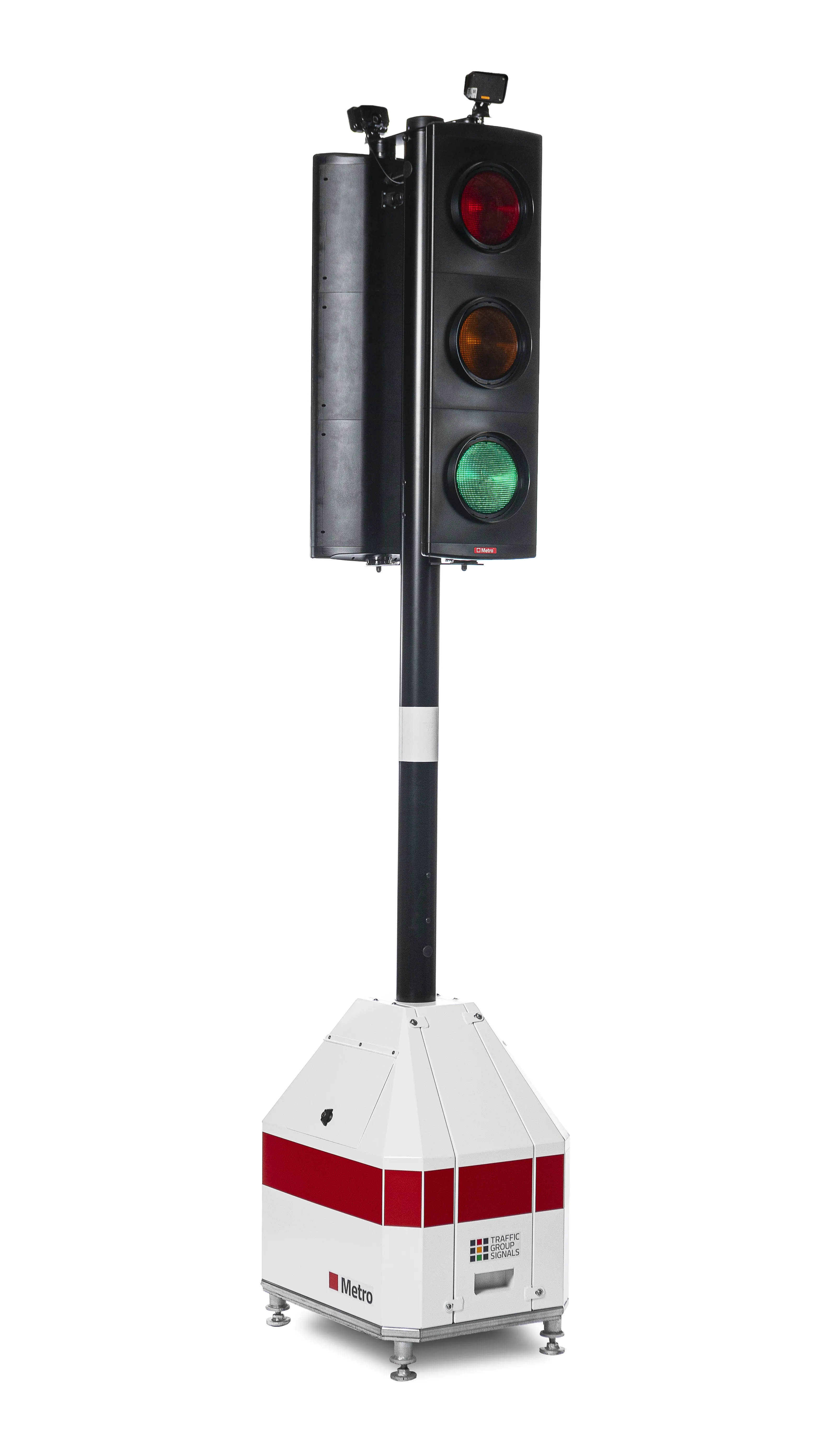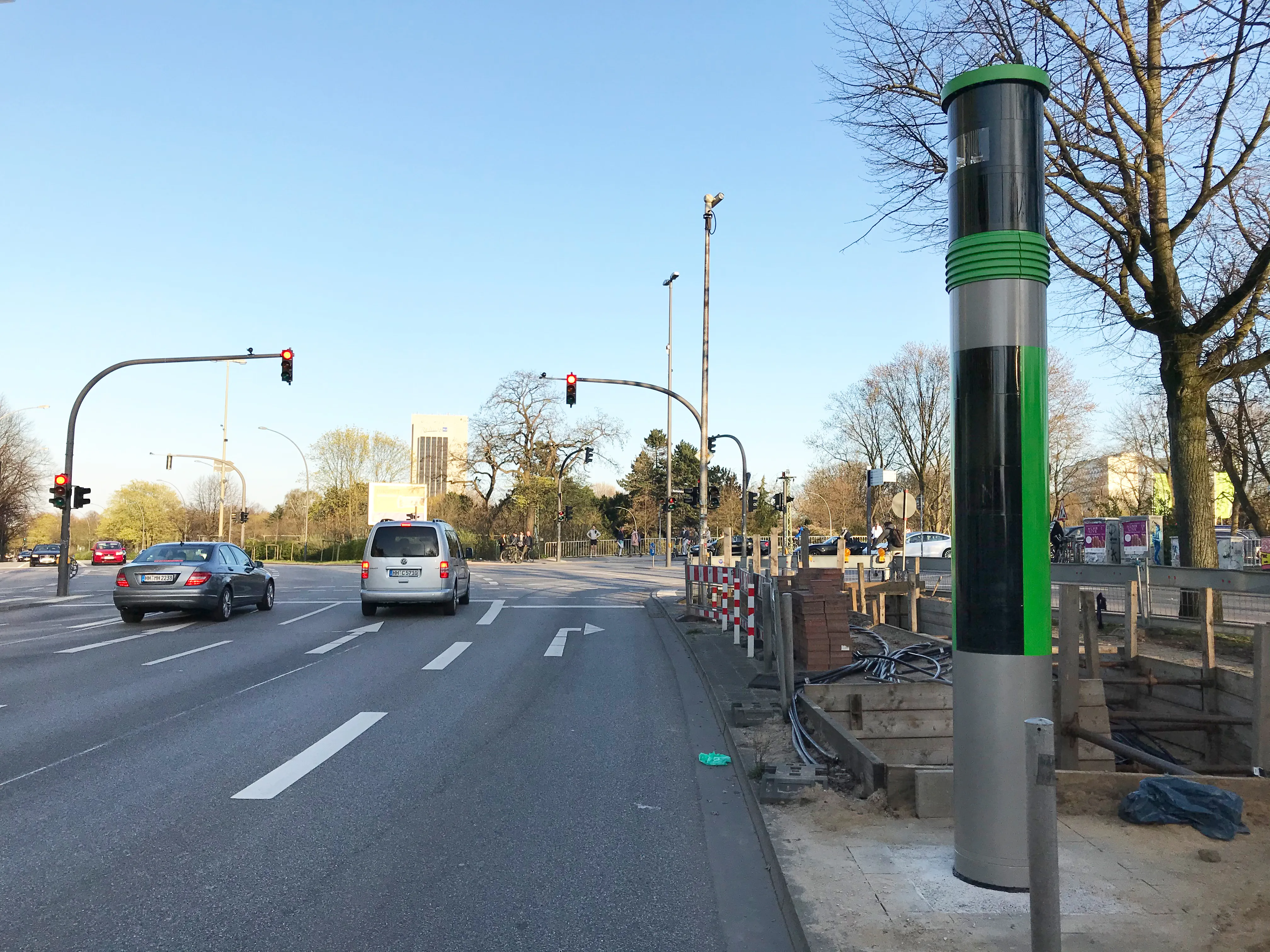Telensa’s smart streetlight controls are being deployed in 64,000 LED lights in Edinburgh, Scotland. Called Planet, the new system is intended to allow street poles to act as hubs for smart city sensors. Planet consists of wireless nodes which connect individual lights, dedicated wireless connectivity and a central management platform. According to Telensa, the solution identifies and tracks faults in real time, which will reduce complaints from residents about broken street lights and remove the need for
October 12, 2018
Read time: 1 min

Planet consists of wireless nodes which connect individual lights, dedicated wireless connectivity and a central management platform. According to Telensa, the solution identifies and tracks faults in real time, which will reduce complaints from residents about broken street lights and remove the need for night-time patrols to identify faulty lights.










